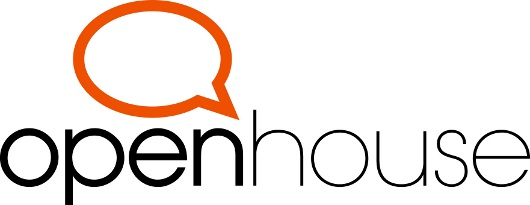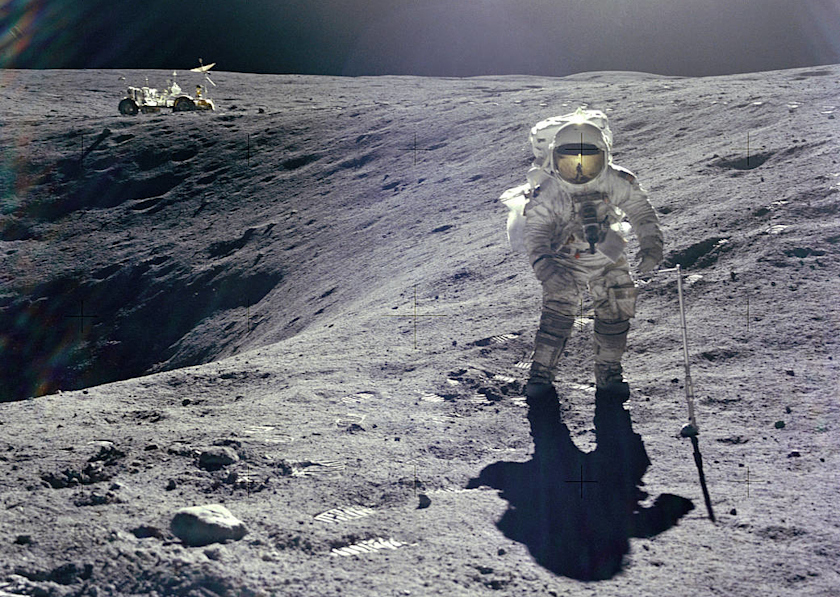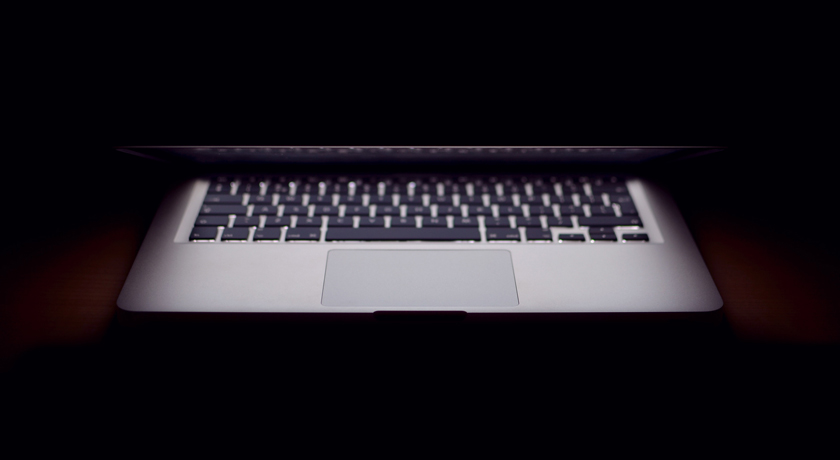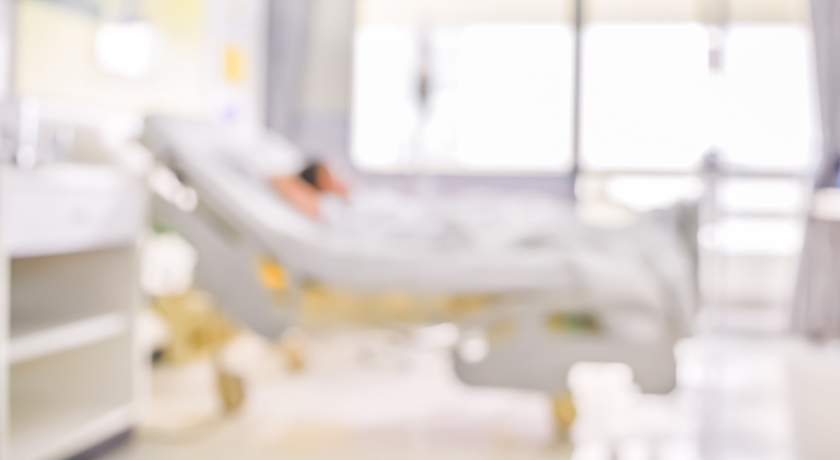Why This Christian Radio Show Talks to Atheists
Why would a ‘Christian’ radio program invite an atheist on to talk? Or hear the experiences of some who visited a psychic? Or talk to someone involved in the adult entertainment industry? What follows is a combination of two interviews conducted by Greg Newman with me for the broadcast industry publication Jocks Journal. It describes a little of the thinking behind the Open House radio show.
***
In April 2006, Open House—a live, two-hour Sunday night talk show exploring ‘life, faith and culture’—launched between Christian radio stations Hope 103.2 in Sydney and 89.9 Light FM in Melbourne. The show quickly spread to other markets (adding Adelaide, Hobart, Canberra, Wollongong, Darwin and the Riverland to date), a third hour was added, and a successful series of books soon followed.
Writer, speaker and Open House host Sheridan Voysey faced some questions himself about the show and the books that have followed.
You’ve stated [In Open House Volume 2] that these are ‘unique’ conversations. What makes them unique?
Well, in some cases it’s the guests and their related stories that are unique. How often do you hear about a Christian pastor who considers his ‘flock’ to be, not the folks in his local suburban church, but the adult entertainment industry? Craig Gross hands out ‘Jesus loves pornstars’ Bibles at Sexpo-type trade fairs, is friends with a number of high-profile players, yet in the book gives an eye-opening view of the industry’s unseen side.
Other times the uniqueness of the interviews comes through our line of enquiry. I’ve lost count of the number of guests—often high-profile guests—who’ve said after our interview, ‘I never get to speak about spiritual things, so thanks for giving me the opportunity.’ Gloria Gaynor still has one of the most powerful voices around, yet most media outlets shy away from letting her talk about her faith—which is a most profound story. Charlie Duke is the tenth of only twelve men to have walked on the moon, but how often do you hear about his (and other astronaut’s) personal collapse afterwards? Once you’ve set foot on the moon, what else can you do with your life? We explore the personal, spiritual side of things where appropriate, which makes many of these discussions unique.
Not all your interviewees have a Christian faith. Has anyone come right out and said “I’m an atheist” and do you interview people without any faith in a divine being?
We regularly talk to people on Open House who are either sceptics, atheists or simply undecided, which is what I find personally exciting about the program. In the book you’ll find Steve Waugh say that there is no religious or faith-based motive behind the humanitarian work he does both here and in India. Dr Karl Kruszelnicki says that he wants scientific proof for matters regarding religious belief, hasn’t got answers yet and is still ‘worrying’ at the problem all the time.
We spoke to author Ben Cohen, an Orthodox Jew, who spent a year looking into the US evangelical scene. Tom Keneally and Andrew Denton were in Open House Volume 1—Keneally describing himself as a ‘failed seminarian’ and Denton describing himself as ‘extremely doubtful’. We talk to a wide range of people and love the fact that one of the most common words we hear in feedback to the program is the word ‘respectful’. Yes, Open House explores ‘life, faith and culture from a Christian perspective’, but I’m equally interested to know why you don’t believe and how you’ve come to that position.
Why have people without faith on your show?
For two reasons: Firstly, sometimes we don’t exactly know what our high-profile guests believe because no one else has asked them—and we’re keen to know. If the conversation naturally moves in the direction of faith, we ask the question.
Bryce Courtenay is an example. I’d never heard him address his personal beliefs and so I asked him. I’ll never forget his reply. Growing up in a strict, punishing church-run orphanage in South Africa during the apartheid era, he said ‘I know all about the God of wrath but have never met the God of love.’ As a committed Christian, that broke my heart. I asked him if he’d like to explore the ‘God of love’ but he said the issue was settled for him. In other instances this has opened up further conversations with the guests, as it did with actor Brian Deacon who’s also in the book [Open House Volume 3].
Secondly, I’m fascinated with how people form their beliefs. The philosopher Alain de Botton said his atheism was a psychological issue—a case of him being faithful to his atheist father by denying a ‘heavenly’ Father. That was an insightful thing to say. Sometimes there are psychological reasons behind our belief or lack of belief in God. Is what we believe (either way) really grounded on something substantial?
What did Ray Martin reveal to you in your interview that we wouldn’t already know through his autobiography?
Ray was very generous with his time and was as gracious in person as he is on TV. What was most interesting to me was Ray’s answer to the question of faith. He was the face of 2008’s World Youth Day TV coverage—which he relished—but what did he himself believe? Ray described himself as ‘a believer’ with a disdain for the arguments of aggressive atheists like Richard Dawkins and Christopher Hitchens. Yet when pushed, wasn’t sure what he really believed. He said he hoped to spend a little more time thinking the issue through. His ‘I believe but I’m not sure quite what’ probably speaks for many Australians who have a vague sense of there being ‘something more out there’.
In Open House Volume 3 Caroline Jones talks about visiting a spirit medium after her father died. Was that a difficult conversation to have on a Christian program like yours?
Oh yes. It was one of those situations where if we aired the interview unedited we risked our Christian listeners thinking we were promoting ‘heresy’, but if we edited the interview we wouldn’t portray Caroline’s story completely. Caroline was desperately concerned about her father’s state ‘on the other side’ of death when she visited that medium. She was looking for answers. We aired the interview unedited and had the most amazing talkback afterwards—heartfelt stories of grief and recovery, as well as former mediums themselves describing the ‘darker’ side of the practice. It was a profound night and confirmed to me again that our best shows happen when we’re on the edge.
To what degree have other guests challenged your own beliefs?
Each week we explore a major issue affecting Australian society—whether euthanasia, refugee policy, surrogacy, the mass evictions of the poor during the Delhi games—and I am constantly challenged to form a position on such things that is both compassionate and practical.
Faith-wise, I’m constantly reassessing what I believe through the guests that we have. Psychology plays a part in De Botton not believing in a Creator; does it play a role in me believing in one? Actor Brian Deacon shares his doubts about Jesus’ resurrection; are there strong enough grounds for my belief in it? This can be an uncomfortable program to do as a believer; we try and address faith issues critically as well as inspirationally. Yet I’m more convinced now than ever of the reality of a personal God revealed in Jesus. Along with the questioners come a bevy of guests and callers with profoundly robust arguments for the Christian faith, profoundly moving acts of love prompted by faith, and some pretty eye-opening accounts of supernatural intervention.
The chapter [in Open House Volume 3] on West Australian doctor Sean George recounts his supposed return to life after death. Do you believe him?
I do. Dr George was driving from Esperance to Kalgoorlie when he experienced chest pains. He pulled into a small country clinic and soon died of a heart attack. Fifty-five minutes of CPR and electric shock therapy—all recorded by the clinic’s equipment, and confirmed by the medical personnel present—couldn’t bring him back. His wife drove down from Kalgoorlie, walked into the room, picked up her husband’s cold hand and prayed a simple and desperate prayer. And then… well, Sean told me his story as a very-much-alive man.
You’ve interviewed a number of thinkers, legends and world changers. Who’s still on your ‘wish list’ to interview?
Oh, there are the usual suspects—like Bono. It would be fascinating to have an extended conversation with former South African Archbishop Desmond Tutu about the apartheid era and his role in bringing liberation and forgiveness to the nation. Former US President Jimmy Carter would be interesting and to speak to evangelist Billy Graham would be a highlight, although most unlikely now given his age. I asked the same question to Ray Martin recently and he mentioned the Queen, and she would be a fascinating interview. I’d also love to ask Richard Dawkins why he’s so angry, but perhaps I wouldn’t like his reply! And if time travel were possible—CS Lewis. I would do almost anything to capture a portion of his intellect and imagination.
What personal lessons have you learnt through talking to your various guests over the years?
Firstly, to have some dreams but to choose them carefully. You might remember the singer Yazz who had a hit with ‘The Only Way is Up’ in 1988. She’s in Open House Volume 3. She reached her dream of musical success but it sucked the life out of her. Gloria Gaynor once told me about having ‘homes, cars, jewellery and furs’ but no fulfilment. VeggieTales creator Phil Vischer once said that ‘dreams can be dangerous friends’ if they’re off-target. I’ve chatted to too many empty, burnt-out folks to disagree with him. Have some dreams! But hold them loosely and have them confirmed by other godly followers of Christ.
Secondly, no matter how loud the Dawkins and Hitchens of the world holler, the question of faith won’t go away. I’ve spoken to high-ranking scientists who believe and secular thinkers who aren’t satisfied in life. Human beings need a roadmap to live by; the real issue is which one makes the best sense of things like love, beauty, the ordered nature of the world and our longings for meaning and purpose.
One of the biggest themes that comes through the guests included in the books, for me, would be that you can have the world but still lack the most important thing. Gloria Gaynor talks of having ‘cars, jewels and furs’ but no happiness. Brian ‘Head’ Welch from the band Korn talks of being on tour and wishing he was home and when at home wishing he was on tour. Barry McGuire talks about clutching his ‘lady of the night’ and realising they were both empty people desperately searching for something. Fame, status and riches weren’t enough for all of them. Each of these guests started on a spiritual search instead.
Thirdly, the Church may have its faults (and I’ve heard many horror stories on the show), but I am just overwhelmed at the many feats being accomplished by the faithful. They’re leaving safe and comfortable lives to live in Indian slums and serve the poor; they’re running clinics in Ethiopia for fistula sufferers when no one else will; they’re combating child traffickers and forgiving inexcusable evils done against them. My faith is greatly inspired by such people.
***
Q: Your general feedback is welcome below. Don’t forget, every comment automatically qualifies you for the Open House Volume 3 competition!






Sue
Thanks Sheridan, I’m grateful that you DO include people with varying degrees of faith… it gives authenticity to the discussion.
Peter Brookshaw
Awesome post Sheridan. Praise God. I don’t think we have to justify speaking with those outside the Christian faith. Firstly, this is who Jesus hung out with (including obviously his disciples and other followers). Secondly, we need not be concerned that all of a sudden our faith will crumble because someone will give an intellectual apologetic against the Christian faith. It opens great discussion and challenges us to know why we believe what we believe.
~Pete Brookshaw.
Sheridan Voysey
Thanks Peter. For me, those challenges only seem to strengthen my faith – after a bit of soul searching and pondering.
davemiers
great interview.
i really appreciate the diversity on the show.
peaceout amigo
David
Hi Peter,
Why did you include ‘Praise God’ in your response?
It just seems to be a random thing that gets said at random times but I don’t really understand when and why it’s placed where it is.
Dave
Petebrookshaw
‘Praise God’ is an expression I’m using to thank God for Sheridan’s post. Hope this clarifies that for you.